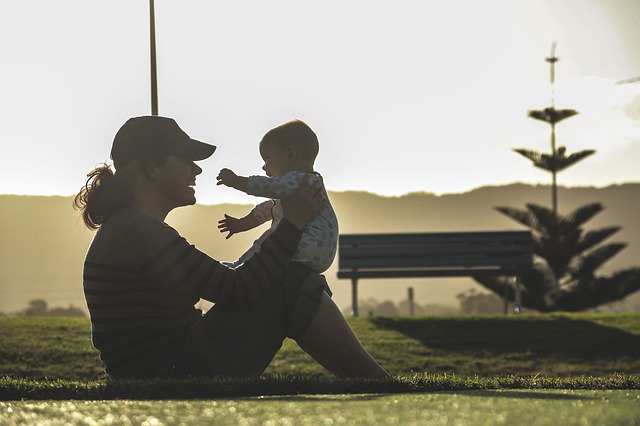By: Jennie Scott
My life looks nothing like the one I planned.
My life doesn’t look like most of my friends’ lives.
I am different from most of the other mums in my circle.
And different is hard.
In fact, I’ve come to realize this about myself and my pattern of thinking: I often don’t just think of myself as different. I think of myself as abnormal. I think of my reality as a Plan B.

I was married once before, and that marriage ended in divorce. So for a while, I was a divorced, single mum of two. Then I met the man who changed my world, and I remarried. So now I am a formerly divorced, single mum who is remarried. My children live with me, but they still see their dad often and spend a good bit of time with him.
I am so grateful this is true.
But my situation is a rarity in my circle. Even though the divorce rate in our country is at 50%, it is not directly around me. So I am different.
Don’t misunderstand, though. I am ridiculously happy in my life now. My husband is the best man I know, and he showers us with affection. He goes out of his way to take care of us and make sure we feel secure. I never dreamed my life would be this full.
But my life is different. I am not like the people I love most. My differences are not always visible, but I always feel them. Holidays in my house look very different from those of most people I know, and even everyday situations are tainted with the fallout of the past.
For a long time, I wasn’t aware of how I was thinking. I wasn’t conscious of the thought process that said different is wrong. I wouldn’t have verbalised that I felt abnormal or that I no longer thought of myself as a real mum.
But here is what I’m learning. The thoughts we keep inside become poison that slowly kills us. Lies we never expose to the truth become the dominant voices in our lives. And struggles we never admit become strongholds we can’t escape.

Yes, life for me is different than it is for you. But your life is different in its own way, too, and you might think of yourself as abnormal for entirely different reasons.
Your child has a learning disability.
Your children were adopted.
You have a disease that limits your parenting.
Your child has a physical deformity or an emotional disorder.
Can we all just admit this truth? Everybody has their something.
Something about you makes you feel different, abnormal, wrong, or living a Plan B. I have a friend in surgery right this minute, undergoing a hysterectomy that will prevent her from ever having biological children. The enemy will try to convince her that a secondary plan, a Plan B, is all that remains for her. He will want her to believe she is different and therefore wrong.
I have lived under the burden of such thoughts. And when not confronted, they are debilitating.
It is uncomfortable to face the depths of our darkest thoughts. It is painful to confront the underlying emotions that affect our everyday lives. But when we don’t, we begin to feel ashamed, alone, defective, and hopeless. Our thought lives contaminate every part of who we are.
What are you believing about yourself today?
Allow yourself to answer that question.
And as you do, will you remember this?
Nothing about your life catches your Creator off-guard. Nothing is an “oops,” an “uh-oh,” or a “What are we going to do with this?”. Nothing. He has seen the entirety of your life, and He is weaving it all together into an unbelievably beautiful picture of grace and redemption. Every situation and every circumstance is an opportunity to grow closer to Him and to become more like Him.
He will do more in the differences of your life than the parts that fit the mold.
He will. He has for me.
But we have to allow Him to, and that begins with admitting how we feel.
Article supplied with thanks to Jennie Scott.
About the Author: Jennie is married with two children who shares lessons from her own unexpected journeys and encouragement you might need for yours.
